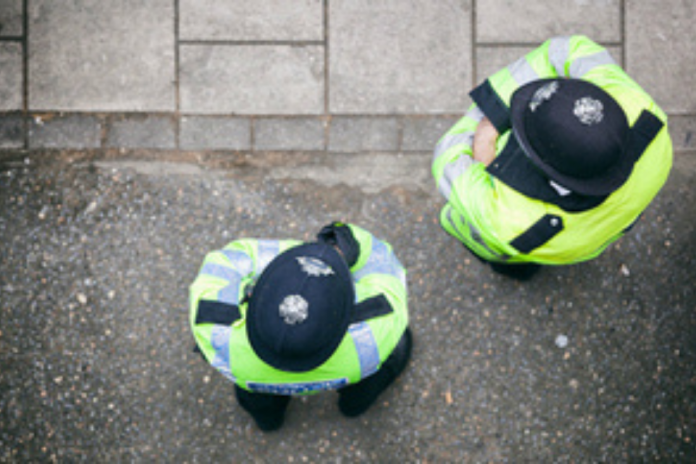The UK Government has announced that £1 million will be invested in the Swansea Bay area to reduce drug crime.
The money will be invested into piloting Project ADDER – a new intensive approach to tackling drug misuse, which combines targeted and tougher policing with enhanced treatment and recovery services.
Project ADDER (which stands for Addiction, Diversion, Disruption, Enforcement and Recovery) will bring together partners in the local area including the police, councils and health services and run for three financial years.
It will bolster local police force activity and police investigations, targeted at drug supply disruption.
Work will also take place to establish programmes to use the criminal justice system to divert people who use drugs away from offending through programmes such as Drug Testing on Arrest and out of court disposals.
There will also be increased drug outreach, harm reduction, treatment and recovery support services.
Welsh Secretary, Simon Hart said:
The supply and misuse of drugs causes terrible harm to many of our communities across Wales. It is vital that the agencies who are combatting this appalling trade get all the support they need.
The investment in services in Swansea Bay will help police and other partners tackle this problem in the heart of the communities where an intensive approach is most needed.
Crime and Policing Minister, Kit Malthouse, said:
The drugs trade is a poison in our society, devastating lives and destroying communities.
We are delivering on the priorities of the people of Swansea Bay, who do not want drugs blighting their communities. The work delivered through Project ADDER will help in the concerted and coordinated effort to tackle the problem at its root, from disrupting supply right through to rehabilitating people struggling with drug dependence.
We are determined to confront the issue of drugs across the UK and deliver for the public by making our streets safer and protecting those most vulnerable
Swansea Bay is one of the five pilot areas for Project ADDER, which is underpinned by £28 million in funding, and will run across three financial years.
According to the most recent statistics, in 2017-19, Swansea had the highest rate of drug deaths per 100,000 in Wales at 17.6. The rate of drug-related deaths in Swansea is 1.8 times higher than it was a decade ago.
Neath Port Talbot has the third highest rate of drug deaths at 12.7 per 100,000 and has been one of the five highest locations of drug deaths in England and Wales between 2014 and 2017.
Today’s funding is part of a £148 million, comprehensive drive by the UK Government to build back safer by helping people break free from the scourge of drug use and cutting drug-fuelled crime and violence.
Some £40 million has been allocated to police forces to take down county lines gangs and tackle drugs supply while £80 million has gone towards drug treatment services to stop reoffending – the largest increase in drug treatment funding for 15 years.







